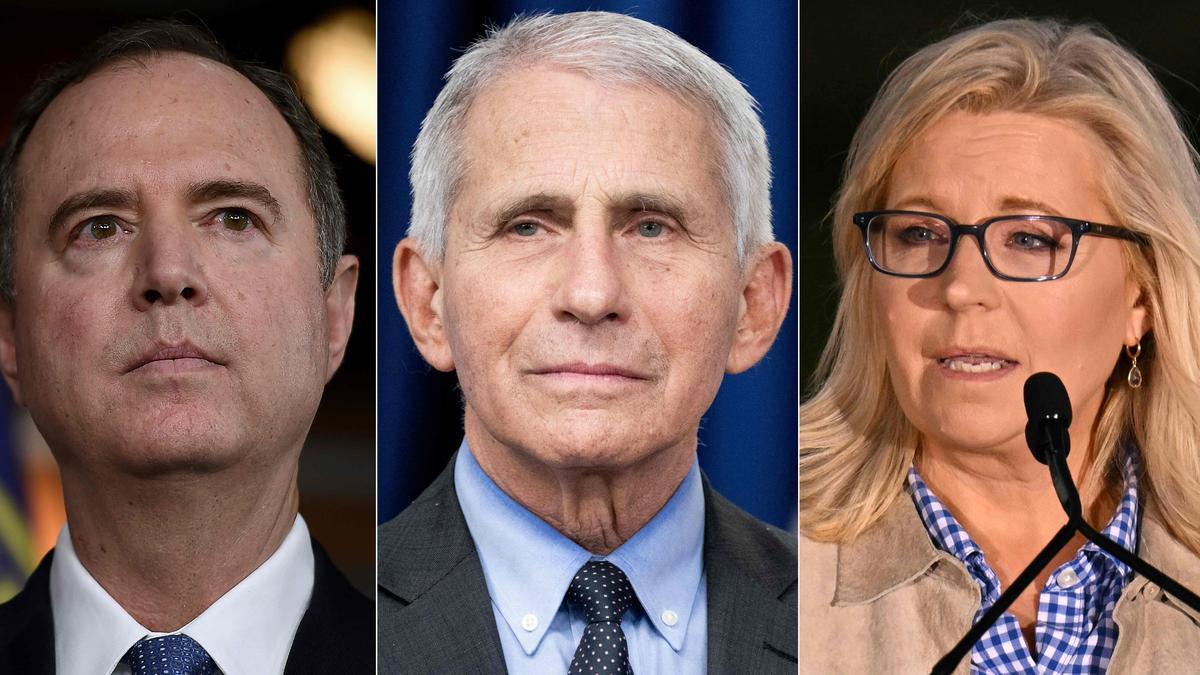 |
|
The outgoing President Joe Biden's decision to issue preemptive pardons to several high-profile individuals, including Dr. Anthony Fauci and General Mark Milley, just hours before leaving office, has ignited a firestorm of debate and analysis. This unprecedented move, intended to shield these figures from potential legal action under the incoming Trump administration, raises significant questions about the scope and limits of presidential power. The action has been met with both praise from those who view it as a necessary protection of individuals who acted in the national interest, and fierce criticism from those who see it as a politically motivated abuse of power, setting a dangerous precedent for future administrations. The core of the controversy revolves around the nature of these 'preemptive pardons' and whether they are legally sound.
A preemptive pardon, unlike a traditional pardon, is granted to an individual before they have been formally charged or even investigated for a crime. This distinction is crucial, as the traditional understanding of a pardon is to alleviate the consequences of a conviction. President Biden's action is unique in its application to individuals who may face future prosecutions based solely on the political leanings of the next administration. The statement issued alongside the pardons attempts to mitigate this concern by emphasizing that the pardons do not constitute an admission of guilt, but this does little to alleviate the anxieties raised by this unprecedented maneuver. The potential for this to become a regularly employed tactic, particularly by an administration known for its aggressive pursuit of political opponents, significantly heightens concerns about its impact on the rule of law and fair process.
The legal precedents for preemptive pardons are scarce and contested. While the Department of Justice points to historical examples, such as President Ford's pardon of President Nixon, these cases differ significantly from Biden's action. Nixon's pardon, though controversial, followed a period of investigation and considerable public pressure, and his guilt was at least implied. The pardons issued by Biden, however, extend to individuals who have not been subject to any investigation, raising concerns that they might be shielding individuals who would otherwise be accountable for past actions or potential misconduct. This is amplified by the Trump administration's stated intentions to target those it perceives as enemies, making the preemptive pardons appear as an anticipatory defense against what might be perceived as politically motivated prosecutions.
This action has considerable implications for the future of American politics and the delicate balance of power between different branches of government. Critics argue that the preemptive pardons undermine the principle of accountability and could embolden future presidents to employ similar tactics. The potential for this to be used as a weapon, shielding those in power from any future reckoning regardless of their actions, sets a worrying precedent for future administrations. The debate extends beyond the legal aspects; many see this as a significant departure from traditional norms and a reflection of the increasingly polarized political climate in the United States.
Beyond the immediate political ramifications, the preemptive pardons have raised fundamental questions about the balance between executive power and the integrity of the judicial system. Some commentators argue that the actions taken by President Biden represent a necessary measure to prevent what would be an abuse of power by the incoming administration, whereas others view the preemptive pardons as an attempt to circumvent the traditional processes of investigation and due process, undermining the rule of law. This ongoing debate demonstrates the complexities involved when the executive branch’s powers intersect with the principles of fairness and accountability within the judicial system.
The long-term consequences of President Biden's actions remain to be seen. The potential for similar actions by future presidents, especially given the highly charged political atmosphere, is a significant concern. The debate over preemptive pardons is far from over, and its impact on the American political landscape will likely continue to be felt for years to come. This event serves as a stark reminder of the delicate balance between the need to protect individuals and the crucial importance of maintaining faith in the integrity of the legal process and the fairness of accountability.
Source: What are preemptive pardons and Can U.S. Presidents issue them?
